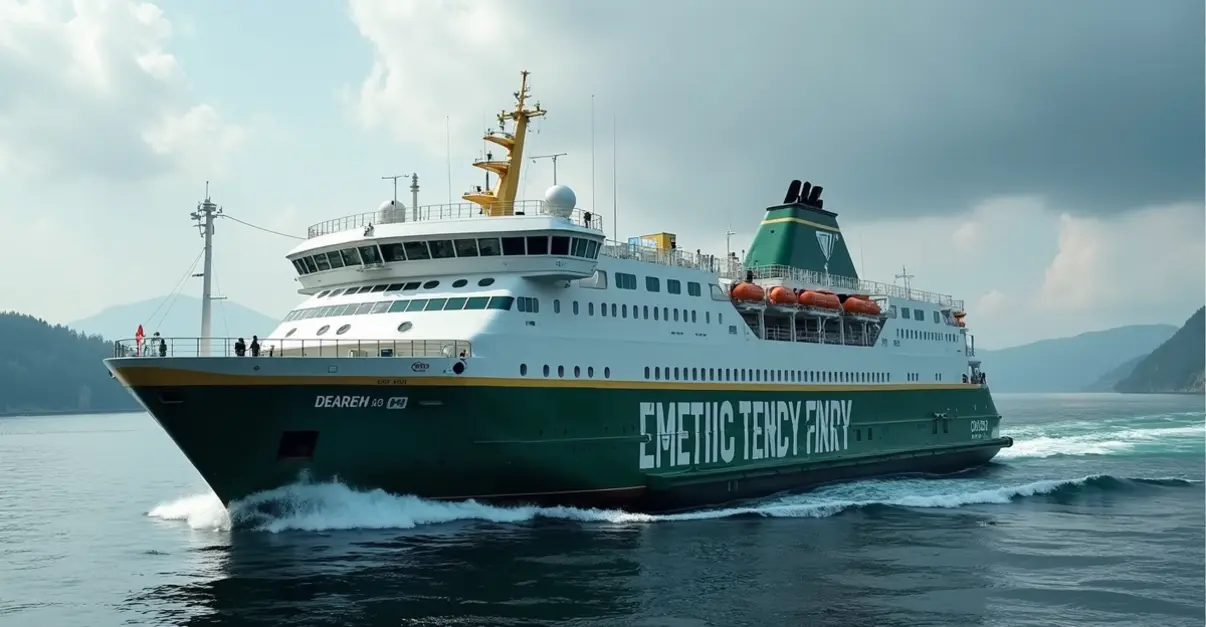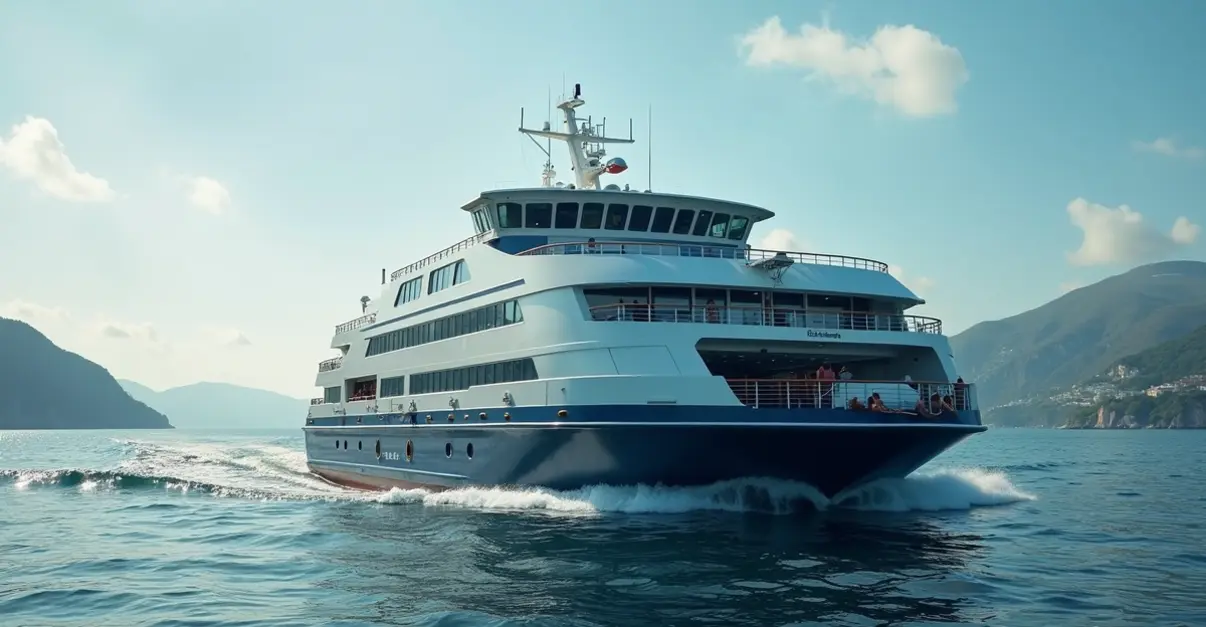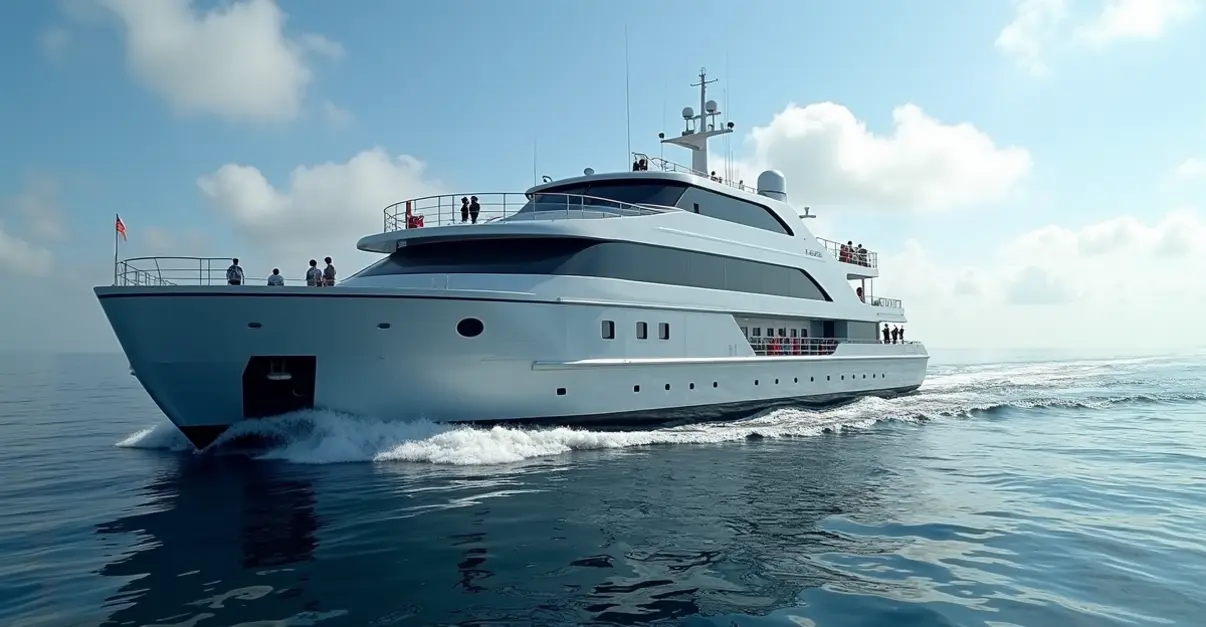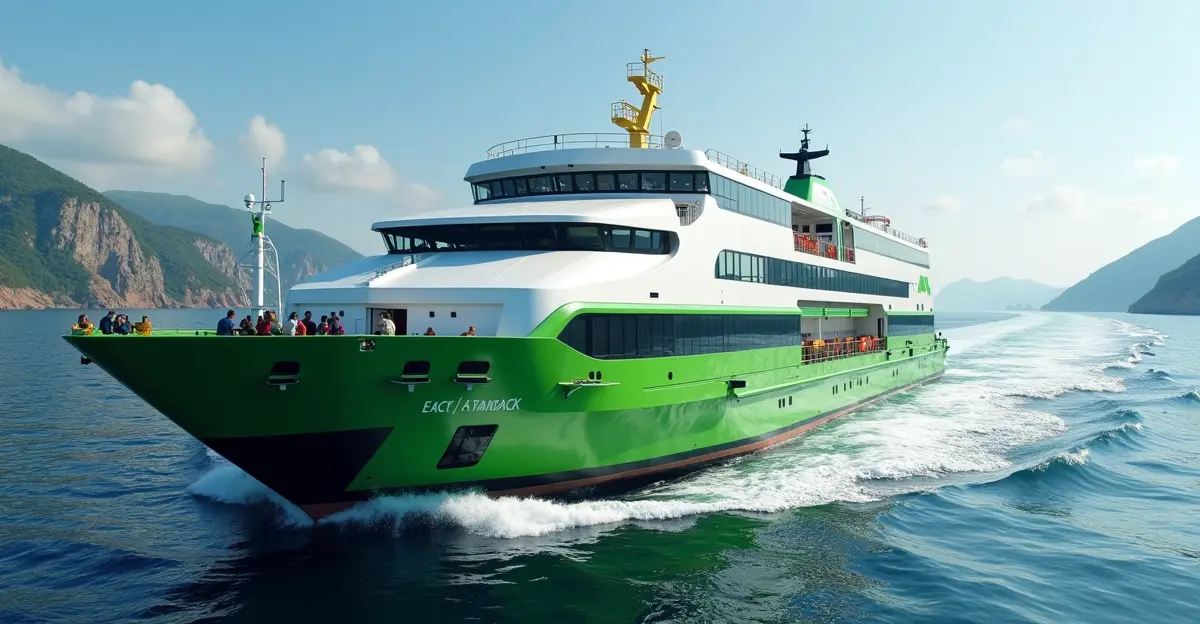New electric ferry service launches on coastal routes, cutting emissions by 95% while providing quieter, more comfortable passenger experience. Industry-wide transition to electric marine transport accelerates with significant economic and environmental benefits.
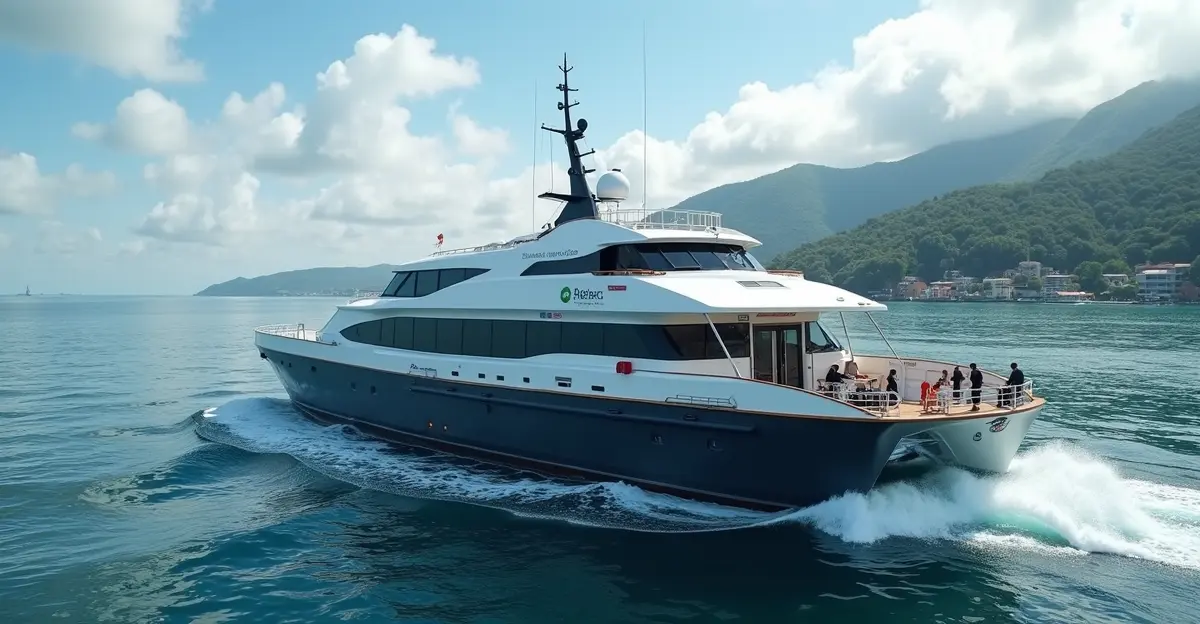
Revolutionary Electric Ferry Service Takes to the Waters
A groundbreaking electric ferry service has officially launched on coastal routes, marking a significant milestone in sustainable marine transportation. The new service represents a major step forward in reducing emissions while providing passengers with a superior travel experience.
Operational Excellence and Environmental Benefits
The electric ferry system operates with zero direct emissions, eliminating the diesel fumes that have traditionally plagued marine transportation. According to recent data from Electrek, electric ferries emit 95% less CO₂ and use 84% less energy per passenger-kilometer compared to conventional diesel vessels. This represents a quantum leap in sustainable transportation that will benefit both our environment and coastal communities, said marine transportation expert Dr. Sarah Chen.
The charging infrastructure supports rapid recharging capabilities, with some systems capable of full charges in under 60 minutes. This ensures continuous service throughout the day while maintaining the environmental benefits of electric propulsion.
Passenger Experience Transformed
Early passenger feedback has been overwhelmingly positive, with travelers praising the quiet, vibration-free operation and enhanced comfort. The difference is night and day - no engine noise, no diesel smell, just a smooth, peaceful journey, reported commuter Michael Rodriguez after his first trip.
The electric propulsion system eliminates the traditional engine vibrations and noise that have characterized ferry travel for decades. Passengers can now enjoy conversations without shouting and experience significantly reduced motion sickness due to the smoother operation.
Industry-Wide Transition Underway
This launch comes as part of a broader industry shift toward electrification. Washington State Ferries, the nation's largest ferry system, is undergoing a major transformation with ambitious emission reduction goals of 70% by 2040 and 95% by 2050, as reported by Climate Solutions.
Similar initiatives are underway globally, with Norway's Oslofjord project demonstrating successful implementation of all-electric commuter ferries. The technology has proven particularly effective for predictable short routes where charging infrastructure can be strategically placed.
Economic and Environmental Impact
The transition to electric ferries delivers substantial economic benefits alongside environmental improvements. Operating costs for electric vessels fall significantly below diesel equivalents, while maintenance requirements are reduced due to fewer moving parts in electric propulsion systems.
We're seeing operating costs drop to less than one-third of what we paid for diesel ferries, while providing a better experience for our passengers, noted ferry operator Maria Gonzalez. The reduction in fuel consumption also insulates operators from volatile diesel prices.
Environmental benefits extend beyond emissions reduction, with electric ferries contributing to cleaner air in port communities and reduced water pollution from fuel spills and engine discharges.
Future Expansion and Innovation
The success of initial electric ferry deployments is driving further innovation and expansion. Advanced technologies like hydrofoil systems are being integrated to improve efficiency and speed, with some models cutting travel times in half compared to traditional routes.
As battery technology continues to improve and charging infrastructure expands, electric ferries are expected to become the standard for coastal and urban waterway transportation worldwide. The current launch represents just the beginning of a comprehensive transformation in marine mobility that promises cleaner, quieter, and more efficient transportation for coastal communities.

 Nederlands
Nederlands
 English
English
 Deutsch
Deutsch
 Français
Français
 Español
Español
 Português
Português




